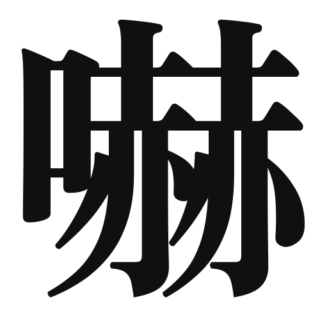 N1
N1 嚇
1. Overview of MeaningThe kanji "嚇" (kaku) means "to frighten" or "to scare." It conveys a sense of intimidation or fear...
 N1
N1 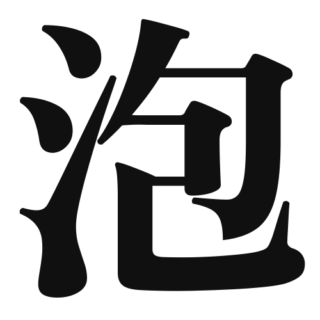 N1
N1 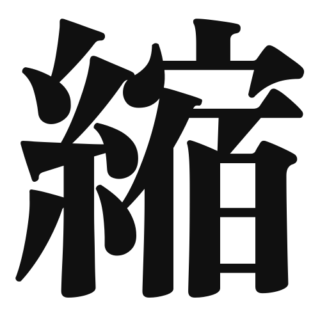 N1
N1 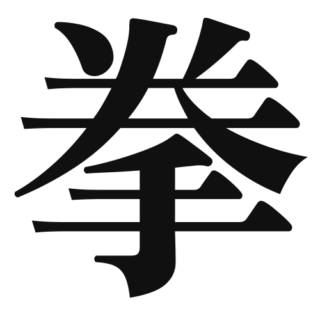 N1
N1  N1
N1  N1
N1  N1
N1  N1
N1 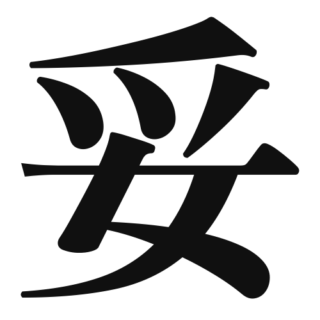 N1
N1 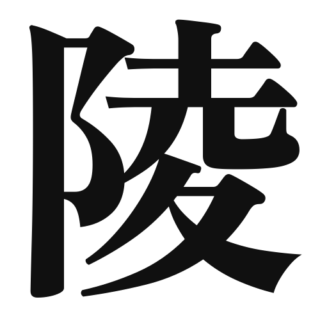 N1
N1